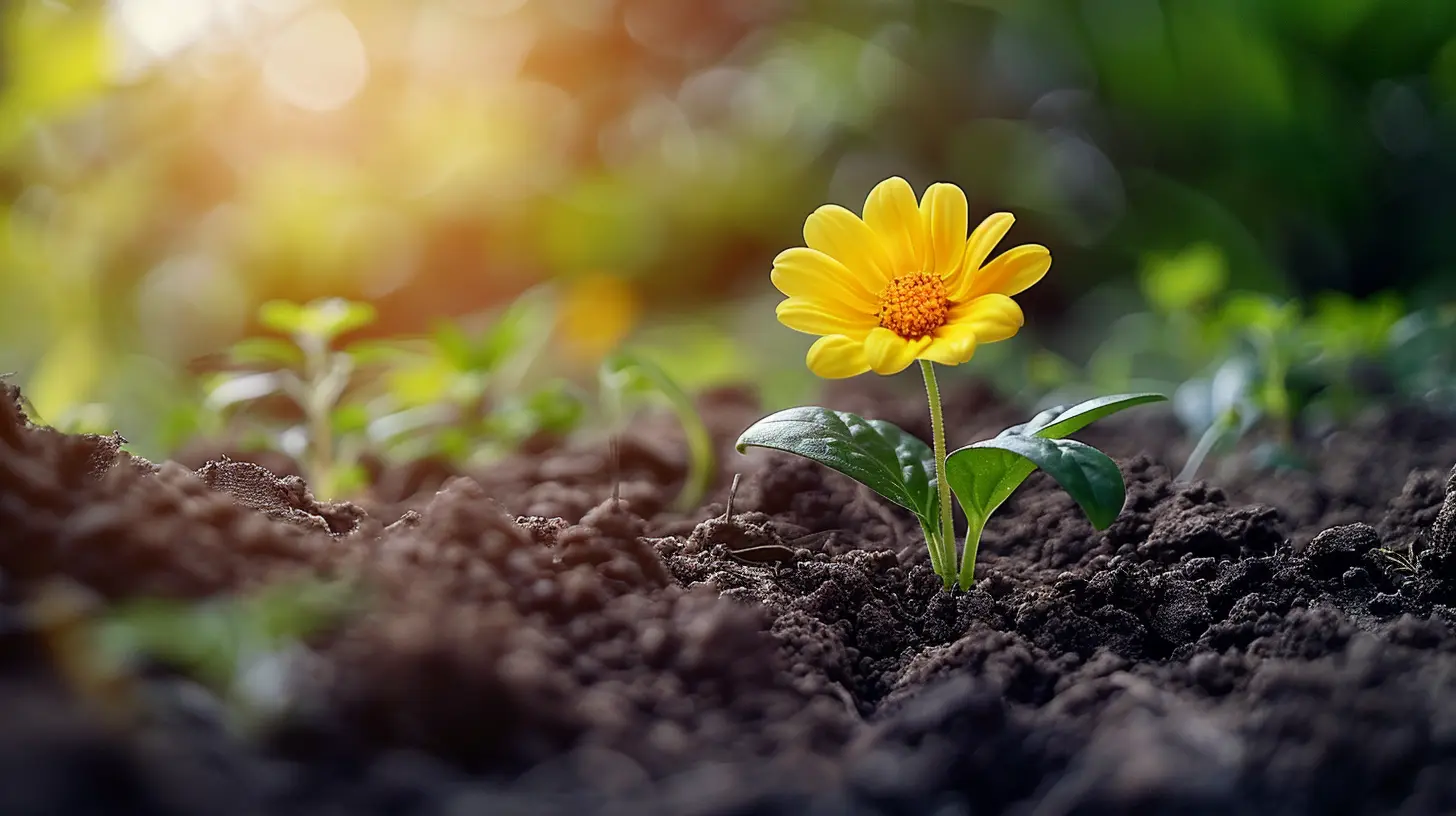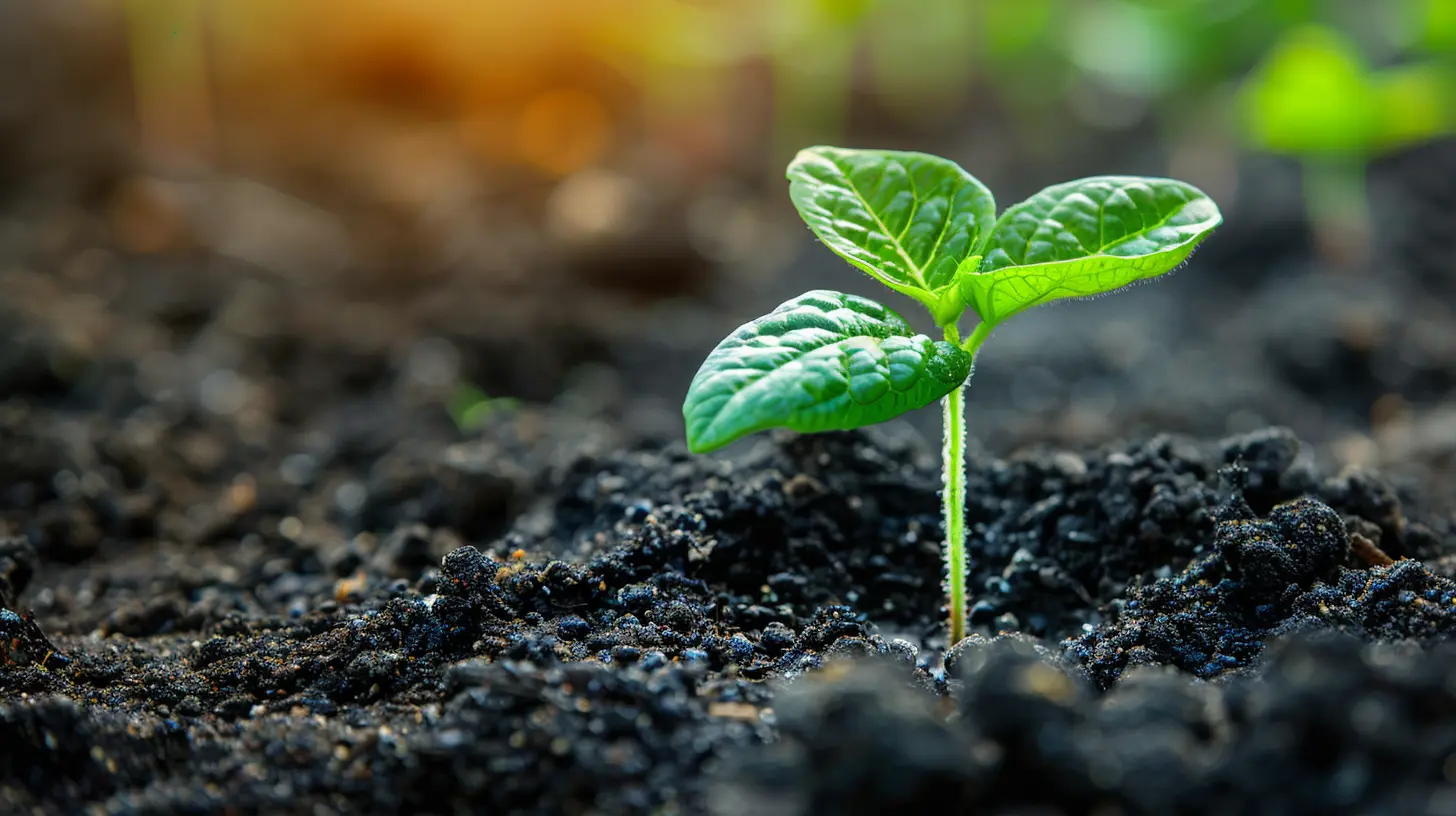Cultivating Resilience Through Mindful Practices
25 September 2025
Life has a funny way of throwing curveballs when we least expect it, doesn't it? Whether it’s losing a job, going through a tough breakup, dealing with chronic illness, or simply juggling the chaos of everyday responsibilities—life can be a lot. But here's the thing: no matter what gets thrown at us, it’s resilience that helps us bounce back, move forward, and keep our sanity intact.
So, what builds that inner strength we call resilience? More often than not, it starts with mindfulness. Seriously.
Mindful practices aren’t just for monks in monasteries or yogis on mountaintops. They’re powerful tools that anyone—including you and me—can use to grow emotionally stronger, mentally fitter, and way more equipped to handle whatever mess life hands us.
Let’s unpack how cultivating resilience through mindful practices can be a complete game-changer—for your stress levels, your relationships, and your overall well-being.
What is Resilience, Really?
Before we dive deep into mindfulness, let’s clear up what resilience actually means.Resilience isn’t about being unshakably strong or immune to pain. It’s not about bottling things up or pretending everything’s fine when it's clearly not. Real resilience is your ability to recover from setbacks, adapt to change, and keep going—not perfectly, but persistently.
Think of resilience like a muscle. The more you work on it, the stronger it gets. And mindfulness? That’s the best workout routine for your resilience muscle.
Mindfulness and Resilience: The Dynamic Duo
Alright, let’s connect the dots.Mindfulness is all about being present—fully, intentionally, and non-judgmentally. It's about noticing your thoughts and feelings without spiraling into them. When you're mindful, you create space to respond rather than react.
That space is everything.
Because in those moments of pause, you can choose clarity over chaos, peace over panic, and intention over impulse. That’s where resilience lives.
Why Mindful Practices Strengthen Resilience:
- They reduce emotional reactivity: When you notice your emotions without getting swept away, you handle stress better.- They improve self-awareness: Mindfulness helps you zoom out and see the bigger picture, which is vital when life feels stormy.
- They support nervous system regulation: A calm body equals a calm mind. Breathwork and meditation help activate your parasympathetic nervous system—aka your body’s “rest and digest” state.
- They encourage compassion: For yourself and others. And let’s face it, we’re all a little kinder when we’re not running on fumes.

Simple Mindful Practices to Boost Your Resilience
You don’t need a fancy retreat or hours of free time to embrace mindfulness. Start small. Stay consistent. That’s how habits are built.1. Mindful Breathing: Your Inner Reset Button
This is the OG of all mindful practices. Just breathe. Seriously.Try this: Take a slow breath in through your nose for four counts, hold for four, and exhale for six. Feel your chest rise and fall. Do it for one minute. That’s it.
Breath is your anchor. It’s your portable, built-in stress reliever. Use it anytime you feel overwhelmed—before a difficult conversation, during a panic attack, or while stuck in traffic.
2. Body Scan Meditation: Tune into Your Body
Lie down or sit comfortably. Close your eyes. Start noticing how each part of your body feels—from your toes to your scalp. Don’t try to change anything. Just observe.This helps you reconnect with your body, especially when your mind feels like a browser with 47 open tabs. It’s grounding. It’s calming. And it builds awareness, which is a major pillar of resilience.
3. Gratitude Journaling: Shift Your Inner Dialogue
You’ve probably heard this one before—but that’s because it works. Each morning or night, jot down three things you’re grateful for. They can be tiny things like your morning coffee or massive wins like landing a new job. Doesn’t matter.Gratitude helps shift your focus from what’s missing to what’s already good. Over time, this rewire your brain to bounce back faster from setbacks.
4. Mindful Movement: Move With Intention
Whether it’s yoga, tai chi, or simply walking without your phone—moving mindfully grounds you in the here and now. Pay attention to your steps, your breath, the rhythm of your body.Physical practices like yoga not only stretch your muscles but stretch your patience, focus, and mental resilience too.
5. Self-Compassion Practices: Be Your Own Ally
This one’s a biggie. When failure hits or life gets messy, your inner critic doesn’t need a microphone. You do not need to beat yourself up to grow. In fact, self-compassion does the opposite—it builds strength through kindness.Try this: When you mess up, talk to yourself like you would to your best friend. “It’s okay. You’re learning. You’ve got this.”
Simple? Yes. Easy? Not always. Worth it? Absolutely.
How Mindfulness Changes Your Brain (Like, Literally)
We’re not just talking woo-woo here—science backs this up.Regular mindfulness practice has been shown to:
- Increase grey matter in areas linked to emotion regulation
- Shrink the amygdala—the part of the brain that handles fear and anxiety
- Boost connectivity between brain regions involved in decision-making and compassion
It physically wires your brain for calmer, more thoughtful responses. Resilience, built-in.
Real Talk: Building a Mindful Routine
Now, I won’t lie—it’s easy to feel super inspired to start a mindfulness practice… and then totally forget about it by week two.Here are some tips to actually make mindfulness part of your daily rhythm:
Start Small
Even just 2 minutes a day counts. Seriously. The key is consistency, not intensity.Habit Stack
Attach mindfulness to something you already do—like brushing your teeth, making coffee, or parking your car. Take a few mindful breaths during those ordinary moments.Use Tech (Mindfully)
Apps like Headspace, Calm, or Insight Timer are great tools for guided meditations—especially if you’re just starting out.Don’t Judge Yourself
You’ll get distracted. You’ll forget. You’ll feel like you’re “not doing it right.” That’s all part of the process. Keep showing up.How Mindfulness Helps in Tough Times
Let’s break this down in real-life scenarios, shall we?After a Breakup:
Mindfulness helps you feel your emotions without becoming them. Yes, your heart is heavy, but you don’t have to spiral into stories like “I’ll never be happy again.” You learn to sit with grief while holding hope.During Chronic Stress:
Instead of reacting to every trigger, mindfulness teaches you how to pause. It slows down the train before it derails. It gives you tools to soothe your nervous system on the spot.In the Face of Uncertainty:
The future may feel murky, but mindfulness roots you in the present. And when you’re fully here, you realize that most of the time, you are okay. There’s safety in the now.Mindfulness Isn’t a Magic Wand—But It’s Close
Let’s be real: mindfulness won’t erase your problems, but it will change how you face them.Think of it like this: You can’t stop the waves, but you can learn how to surf. Mindfulness is your surfboard.
Final Thoughts: You’ve Got What It Takes
Resilience isn’t about having a perfect life. It’s about showing up, again and again, even when things get hard. And practicing mindfulness? That’s how you build the strength to keep showing up, with a little more grace, a little more ease, and a lot more self-love.So, take a breath. Pause. Get still. You’re already on your way to becoming more resilient than you ever thought possible.
You’ve got this.
all images in this post were generated using AI tools
Category:
WellnessAuthor:

Laura Hudson
Discussion
rate this article
1 comments
Dash McClintock
Mindful practices truly enhance resilience; embracing them can transform our response to life's challenges.
October 25, 2025 at 2:55 PM

Laura Hudson
Thank you for your insightful comment! I completely agree—mindful practices are key to building resilience and transforming how we face challenges.


